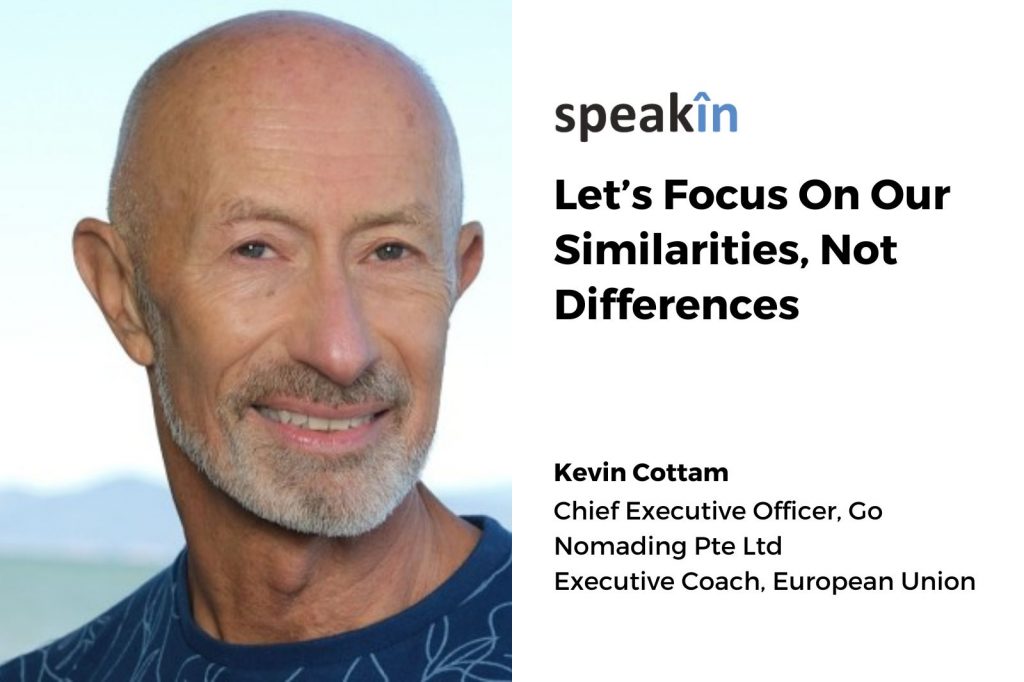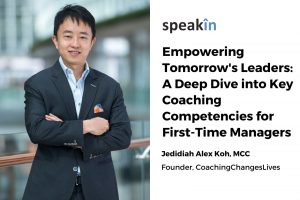Let’s Focus On Our Similarities, Not Differences

June is Pride Month. It’s a celebration of the history and visibility of the LGBTQ+ community. Let’s first dilate on LGBTQ+, an acronym most people would have come across but not many would know its exact full form. Here it is: LGBTQ+ stands for lesbian, gay, bisexual, transgender, queer (or sometimes questioning), and others. The “plus” represents other sexual identities including pansexual and Two-Spirit.
The month is for me both symbolic as well as remembrance. Remembrance in the sense that it signifies for me a lineage of progression. I believe we should celebrate not just the differences but also similarities.
Let me tell you a story. I was once sitting in a hut in the Sahara with my guide; my photographer, and also the owner of the hut, an Arabic person with whom I wanted to have a conversation about my research. I found my guide was talking animatedly with the owner of the hut in Arabic. I had no clue what was being discussed. But what I could tell was that my team were gathering information and this conversation was a sort of an ice-breaker that was important for me to build trust with the hut-owner.
After some time, my guide nodded towards me, saying: “Now you can ask him questions.” What my team had been doing was clearing and smoothening the road for my communication with the hut owner by finding similarities and piquing his curiosity. He already knew that I had been to other nomadic tribes as well, and asked me what similarities I found between those tribes and him. [I had lived with Mongolians, Maasais (an ethnic group in southern Kenya) and Berbers (a northern African tribe).]
I told him it’s not their differences that I noticed; of course they were different in culture, language, religion, climate, et al. It was their similarity that struck me—their humanity.
Our different backgrounds shape us—different exposures, philosophies, beliefs and perspectives—but our commonalities are more important. The problem is looking at being different as a negative, because negative stops the whole story. It’s the commonality of the human experience that I cherish the most. We have the same basic needs for survival, and that we all experience similar emotions. Our humanity makes us similar; and that humanity implies being good to each other, to understand and to seek understanding.
How wonderful it would be if we embraced our similarities and accept our differences! That’s the powerful message of the Pride Month.
Global nomad
I am a global nomad. I have always been excited about cultures. I love travelling and meeting people. When I travel I don’t travel as an outsider or an expat; I travel as someone who is curious about the local culture, I want to stay and eat with the local people.
I’ve always believed it is not good to feel too comfortable in one place. We need to all unleash our inner nomads. Look at the mindsets of the world and leadership which are becoming increasingly narrow and inward focused. To flourish, we must expand our mindsets and the path can be found through embracing the qualities of ancient nomadic wisdom that have changed, adapted, and survived through the test of time. Know what the nomads know and you don’t.
The nomadic culture can bring a lot of understanding about humanity and what we have lost of it. Nomadic mindset translates to exploring new ideas, being agile, and carving new pathways. And being perpetually curious. A lot of times we become stuck in our rut and get trapped in our old mindset. The thing about nomads is not that they are always on the move; they settle to reap the harvest of where they are and what they have, and then they move on.
Interestingly, my book, titled “The Nomadic Mindset: Never Settle…for Too Long”, came out of me being bored. I thought I needed to have something which was unique and original, and very connected to my soul. That’s when I thought of the book. My mentor, Swedish author Fredrik Härén, told me because it’s a leadership book you need to research at least over a hundred different leaders and you also have to spend time with at least three nomadic cultures in the world.
I did that. First, I went to Mongolia and stayed with them. Then I went to Kenya and spent time with the Maasai nomads. And lastly, with the Berbers in Southern Morocco. The experience showed me an alternative path to leadership and change.
Embrace the change
I believe the resistance to change is what brings us grief. As a teenager, I knew I was attracted to men and I was confused. To add to to my woes, my parents were told that I was showing an expressive like for another boy in the family. My parents had a talk with me. I was so embarrassed that I shut everything down, I didn’t know what to do. I went into a closet.
When I was 19, I moved to Australia and I started to become freer. I became a born again Christian. Later, in the Philippines, I met someone who I didn’t know was gay. He propositioned me and I didn’t know how to take it. Then something inside me told me—just let it go and I did.
This was at a time forty years ago when things were dramatically different from what they are today. There was a stigma attached to it and people were not willing to accept their sexuality. Luckily, my work was in choreography and dance, and there was a lot of understanding there. I was a figure skater and there were a lot of gays in figure skating, although it was still under the cover.
I have always believed in the self and I think you need to find the strength to be who you are. The other thing that has helped me is my drive to be at the top, to use my talent in the best way possible. The talent should stand by itself. Forget the differences.
About the Author
Kevin Cottam is based in Canada with outposts in Singapore, Brussels, and Lisbon. His mission is to inspire and encourage organisations and individuals to remove borders and expand their mindset: to embrace The Nomadic Mindset. From his early beginnings as a champion figure skater, and a choreographer, and director of large-scale productions such as the 1988 Calgary Olympic Closing Ceremonies, Kevin has naturally sought to expand his students' and audiences' creativity and flexibility by presenting story-rich visual experiences. Today, he continues his mission by inspiring leaders in multinational enterprises and the public sector as an inspirational keynote speaker, executive coach, and trainer.





